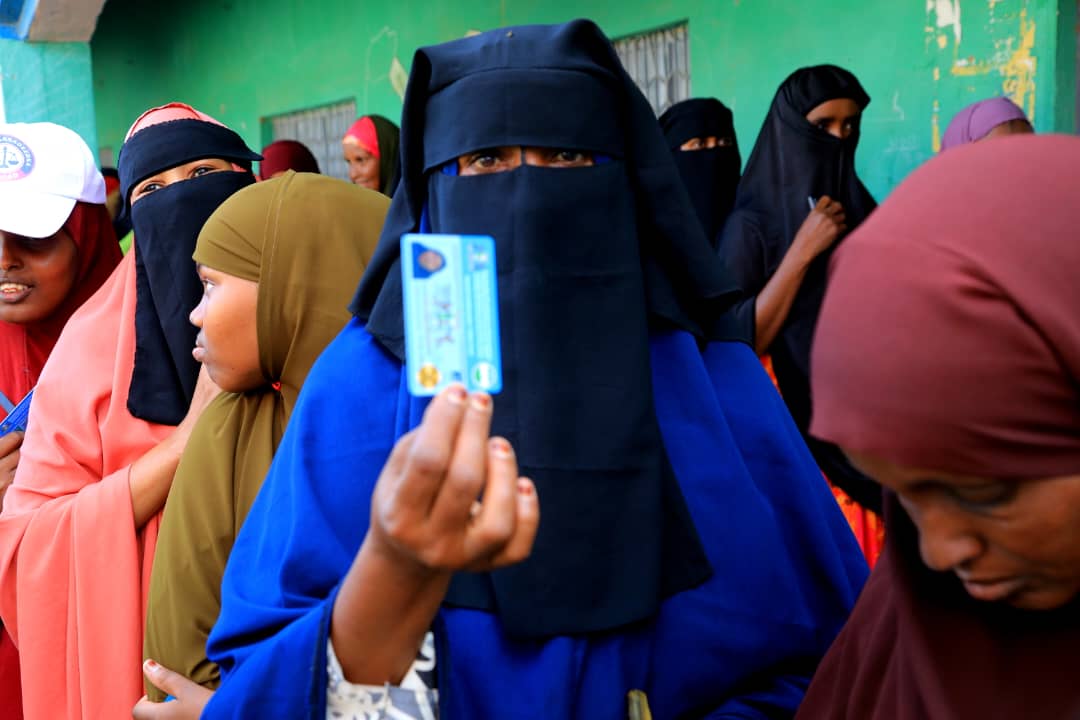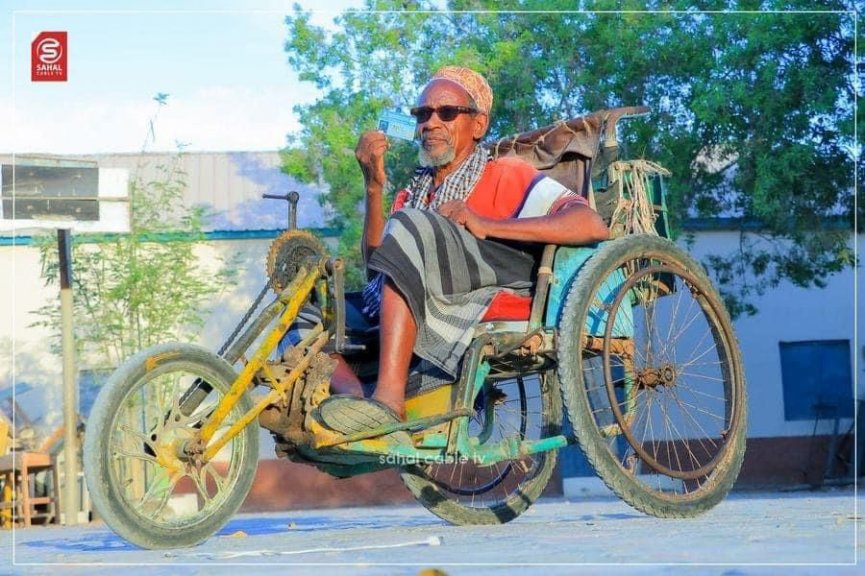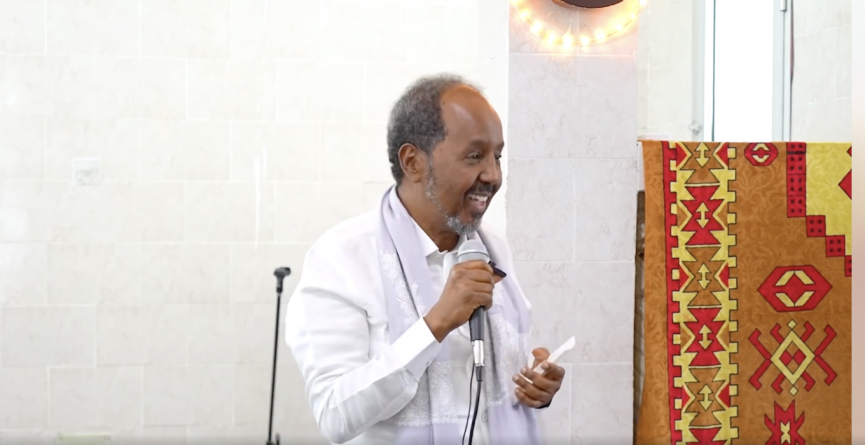
Puntland's Electoral Odyssey: From Hopes of Democracy to Clan-Based Selection
|
30 December 2023 16:42

GAROWE (KAAB TV) – Inaugurated in 1998 as a beacon of stability amid the ruins of Somalia's military dictatorship, Puntland has emerged as a bastion of relative peace within the tumultuous Somali republic. In stark contrast, neighboring Somaliland had declared its independence from the rest of the country back in 1992.


Traditionally governed through a clan representative system, Puntland recently embarked on a groundbreaking endeavor to transition into a democratic region within a nation marred by anarchy. After months of meticulous preparation, the populace of Puntland eagerly participated in the region’s first direct election in 54 years this May.
The Transitional Puntland Electoral Commission (TPEC) orchestrated a state-wide direct poll for local districts, attracting a staggering 3,775 candidates vying for seats at the local governments. Impressively, as per TPEC statistics, over 387,000 individuals, with women comprising 49.7% of registered voters, engaged in the successful voter registration process.

Distinguishing itself from Somaliland, Puntland accorded internally displaced persons the right to vote, showcasing a commitment to inclusivity and democratic principles. Notably, women and educated youth found newfound opportunities to participate, a stark departure from the limitations imposed by the traditional clan system.
International commendation poured in from entities such as the U.S., UK, European Union, African Union, and Turkey, celebrating the historic achievement of holding one-person, one-vote elections. The international community had financially backed the electoral process with substantial contributions from their taxpayers.
A sudden halt
Regrettably, the promising democratic journey faced a sudden halt in late May. President Hassan Sheikh Mohamud of Somalia issued a forewarning on May 5, surprisingly predicting a descent into violence in Puntland within 24 days.

True to his words, armed opposition, funded and dispatched from Mogadishu, disrupted the process. Politicians labeled as opposition, with a history of violence including president Mohamud’s senior advisor, mobilized a local militia group, resulting in gunfights, skirmishes, and mortar shelling in Garowe.
Despite challenges, Puntland electoral officials managed to complete elections in 30 districts but were deterred from conducting polls in the remaining three, including the capital, Garowe, due to the looming threat of violence.
Negotiations with the armed opposition proved futile, as President Mohamud further fueled the conflict by providing additional funds for weaponry, leading to gunfight and threats to key institutions including the regional parliament.
Amid this turmoil, the Puntland Ministry of Finance revealed that Mogadishu had slashed budget support, part of the World Bank’s financial assistance to Somalia.
In a twist of events, clan elders from Nugal, Mudug, and Bari regions announced their endorsement of a return to a clan-based selection process on November 2, reminiscent of the past two decades. Faced with the threat of violence and destruction, Puntland authorities reluctantly accepted the elders’ decision.
The Puntland election is now slated for January 8, 2024, adopting a clan-based process where elders will handpick representatives for the parliament. These representatives will then elect the next president for a five-year term.
Despite the millions of dollars spent by Western countries in the name of democracy, the outcome remains elusive. Meanwhile, those responsible for the chaos enjoy impunity, leaving women and youth in the shadows of lost democratic opportunities.
However, will our People find it in their hearts to forgive them? The response lies in the annals of history.
(Article was first published by Kaab TV)
Leave a comment
- Popular
- Rated
- Commented
04/11/2021 - 11:05:02
28/05/2024 - 15:44:10
02/12/2021 - 11:34:53
01/03/2021 - 09:00:37
Opinions
18/05/2025 - 16:26:37
15/05/2025 - 20:16:04
Politics
05/06/2025 - 13:42:50
17/04/2025 - 01:58:17
Terror Watch
Press Releases
05/06/2025 - 12:21:21
02/06/2025 - 21:29:33
 0
0 




































Puntland's Electoral Odyssey: From Hopes of Democracy to Clan-Based Selection
GAROWE (KAAB TV) – Inaugurated in 1998 as a beacon of stability amid the ruins of Somalia's military dictatorship, Puntland has emerged as a bastion of relative peace within the tumultuous Somali republic. In stark contrast, neighboring So